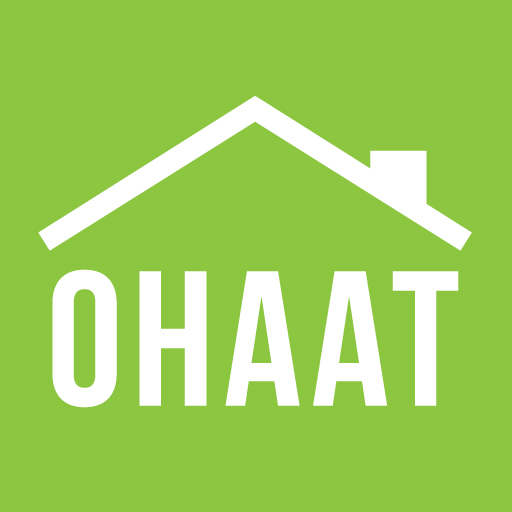What is healthy sleep?
Healthy sleep is defined by experts as getting enough sleep and avoiding habits that cause poor sleep, like drinking too many caffeinated beverages and using electronics at bedtime and during the night.
Why is healthy sleep important?
Healthy sleep is important for just about every part of a child’s development. It is critical for overall health and well-being, and for academic performance, mood, and behavior.
Sleep researchers have found that when children don’t get enough sleep during their preschool and elementary school years, they are more likely to struggle with being overweight or obese during high school. Researchers have also found that when teenagers don’t get enough sleep—meaning less than the 9 to 11 hours recommended for kids ages 12 to 18 years—they are more likely to crave sweets and higher carbohydrate foods. This means that your teen might reach for a candy bar instead of a healthier snack when feeling tired.
Other studies have found that getting even just 30 more minutes of sleep leads to better academic performance at school. One study showed that children who needed to repeat kindergarten were more likely to have sleep problems than peers who successfully transitioned to first grade. Children who don’t get enough sleep or have poor quality sleep have a harder time paying attention in class, staying on task, and solving problems. Poor sleep also can lead to increased irritability and other emotional and behavioral problems. Children who don’t sleep well are more likely to be moody and have a harder time managing their feelings.
How does Beds for Kids improve healthy sleep in children?
OHAAT conducted a research study in partnership with Saint Joseph’s University and the Children’s Hospital of Philadelphia to examine the impact of the Beds for Kids program on children’s sleep and to test the effects of a sleep education component. The sleep education component had three simple messages: have a bedtime before 9PM, no electronics in the bedroom, and no caffeine. Half of children in the study received the sleep education component, and the other half received dental hygiene information. The study found that overall, children who received beds from OHAAT slept an average of 20 more minutes each night and had a significant reduction in the number of electronics items in their bedroom. Furthermore, children who received beds from OHAAT as well as the sleep education component slept an average of 30 more minutes each night and had even fewer electronics in their bedroom. Since completing this study, OHAAT has made the sleep education component a permanent part of the Beds for Kids program.

